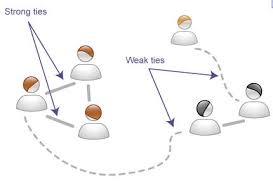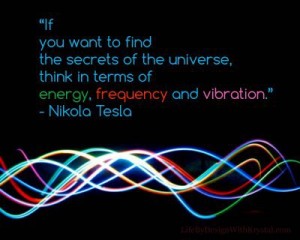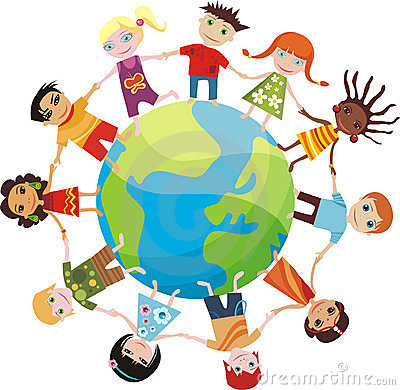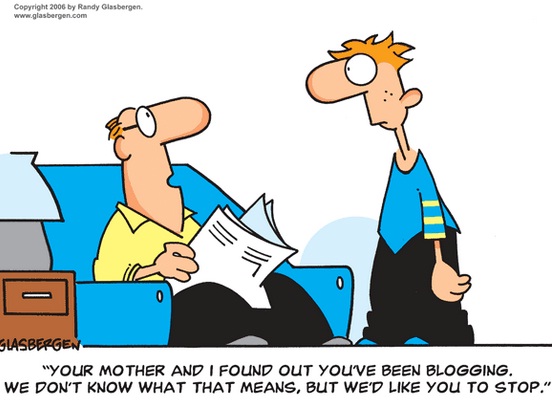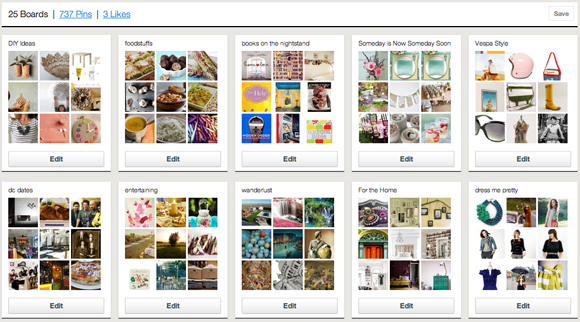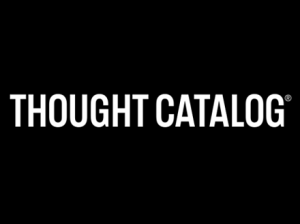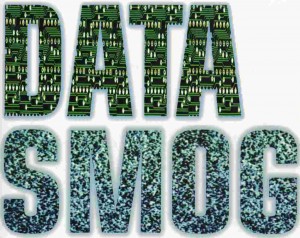Did my second symposium last wednesday, and because we had a break on Monday we had a combined Symposium on both Small world networks and six degrees of separation. Symposium was good and rather enlightening. I was on the panel and didn’t spoke much because I was still not very familiar with the topic.
However I asked Elliot about how weak ties work in networks and then went on to look up on the purposes and focus on weak ties tied together with networks.
In a series of interview done by Mark Granovetter, he found out that most people actually got more and better job recommendations by aquaintances rather than close friends. He then brings up the term “Triadic Closure” and how that actually turned out to be one of the crucial ideas needed to unravel the question of weak and strong ties.
Without the presence of weak ties it would be hard to hold up the network just like nodes. This shows that in terms of human network and connections, somehow one way or another we are all aquainted with each other through the links of friends we are barely close to.
Just to bring in a good personal example of this situation – Was attending a music festival back in Malaysia two years ago when a casual friend back then brought along her friend from another state. She was a total stranger, didn’t know or heard of her. During the festival we clicked and became close friends ever since.
The friend which introduced us still remained as a mere aquaintance. From my good friend at the festival, I have since managed to expand my contact even more, both weak and strong ties and build up my network.
The best thing about networking is that it is ever growing and it hardly comes to a stop, you may lose some along the way but it is a constant network building slowly but surely. All in all from my understanding, Weak ties are like the nodes in a different way, it brings about growth to the network and that’s what keeps the human network expanding.

